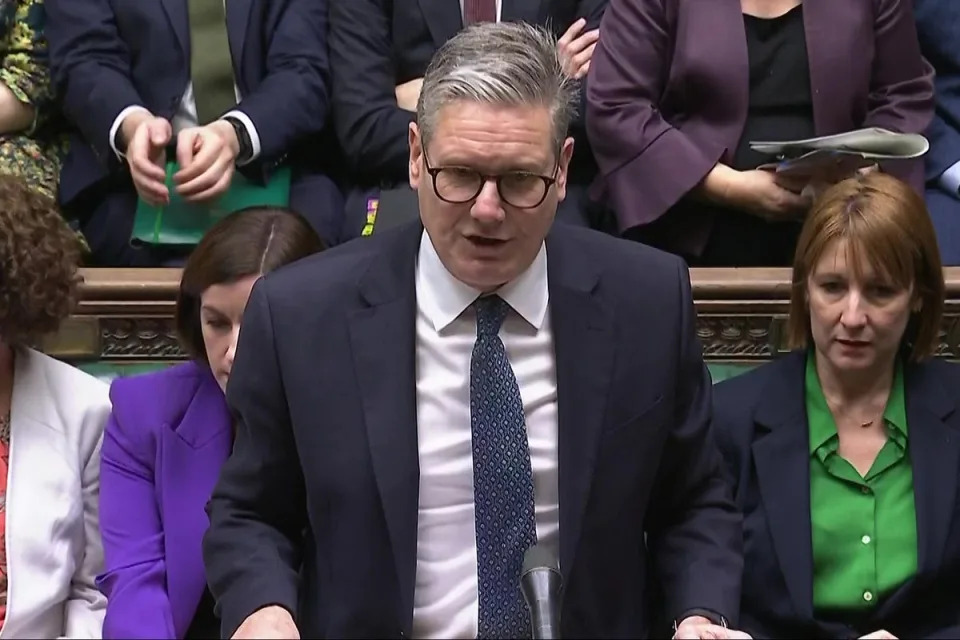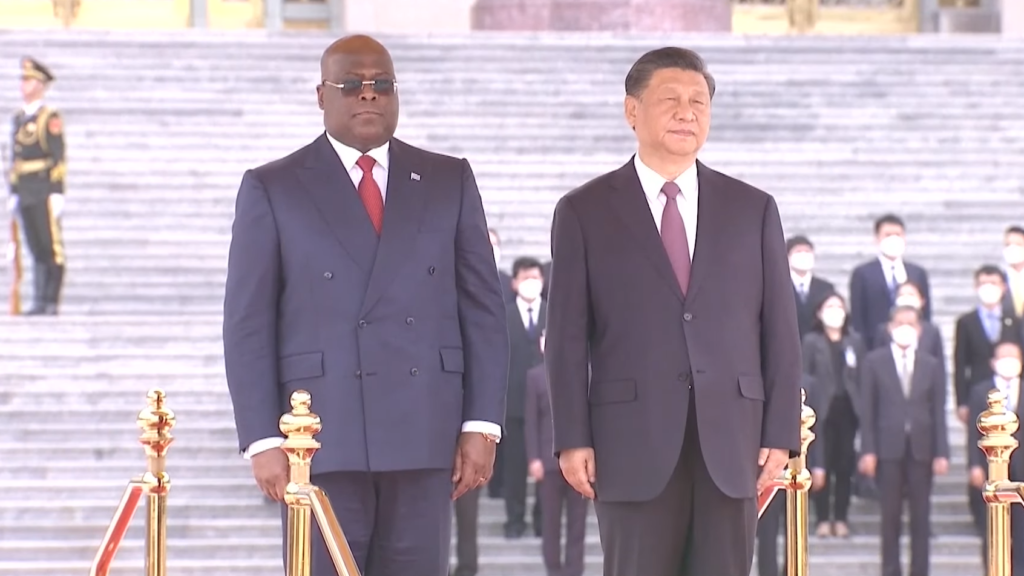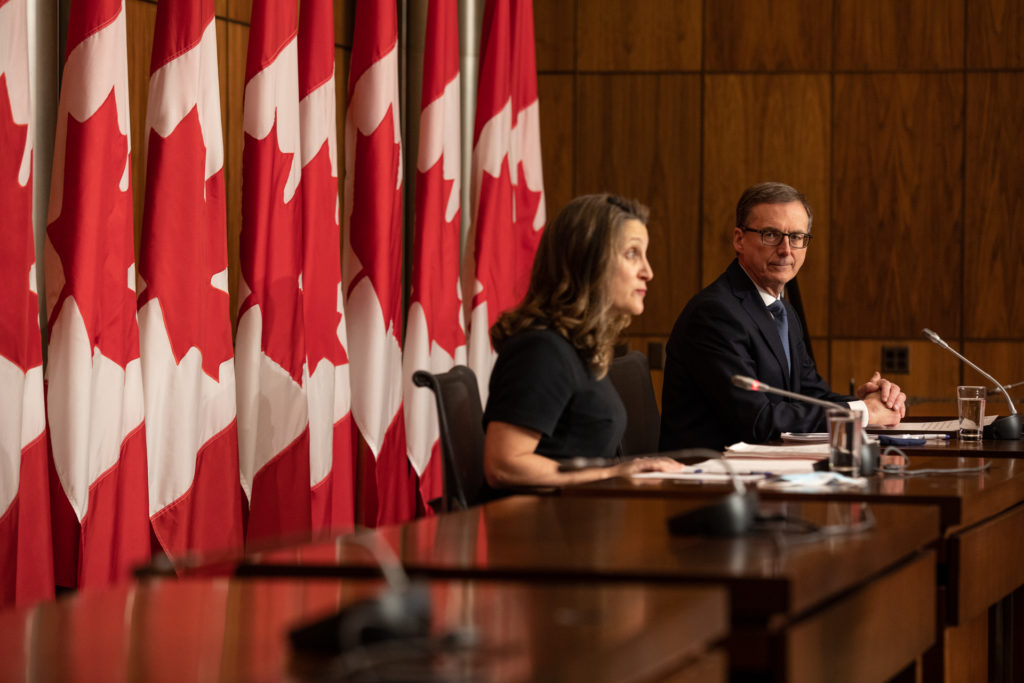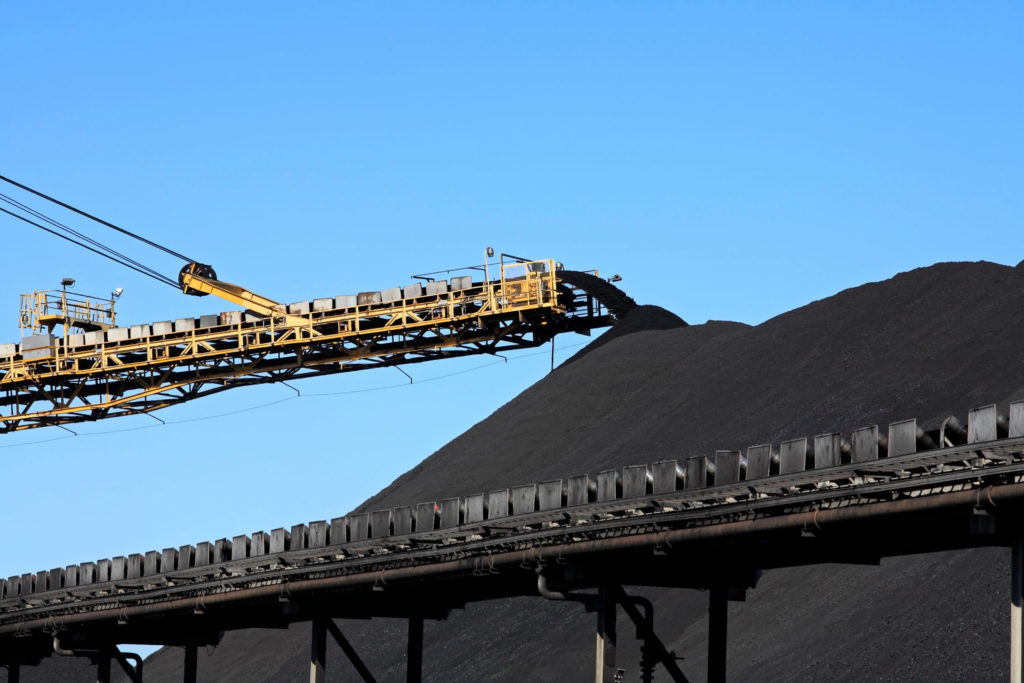UK
Andy Burnham pleads with mental health workers 'not to follow through with industrial action'Charlotte Hall
Thu 10 October 2024 at 4:02 pm GMT-6·3-min read

-Credit: (Image: MEN MEDIA)
As mental health workers prepare to go on strike over ‘dangerous’ conditions for patients, Andy Burnham has pleaded with them ‘not to follow through with industrial action’. The Greater Manchester mayor offered to work with mental health teams to ‘discuss issues’.
Union members in Manchester’s Early Intervention in Psychosis teams are reportedly set to strike on 16 October, due to staffing levels at ‘lower than acceptable standards’, leaving patients at risk.
The team is part of the Greater Manchester Mental Health Trust, which has struggled to make improvements since shocking failures were uncovered at a number of hospitals in 2022.
Low staffing levels and missed opportunities have been slammed. The trust has been deemed as ‘inadequate’ by government health watchdog the Care Quality Commission two years in a row.
Speaking in the Mayoral hot seat on Radio Manchester, he said it was the ‘first’ he’d heard of the strike suggestions. He responded: “This is not being done out of self interest. They are clearly doing this to raise awareness of the risk to patients.
“They’re trying to get the attention of people like me and those who run the health service as to the severity of the situation. I will meet the team and discuss issues with them.

Understaffing and spiralling demand have put mental health services under pressure. -Credit:MEN
“But I would ask them not to follow through with the industrial action, because it won’t necessarily make things better.”
Mr Burnham also warned against ‘demonising’ people working in public services who want to go on strike.
“It’s a really bad place that some want to take us to, to demonise people working in our mental health services or in the hospital, or even driving trains,” he said. “These are frontline people providing really important services to us. They’re not our enemies.”
Addressing mental health workers, he added that his ‘door is open’ and that he would ‘respond immediately’ in his role as co-chair of Greater Manchester Integrated Care Partnership - a committee that brings together the region’s health and local authority bosses.
But the issue goes beyond Greater Manchester. Mental health services across the country are at breaking point while investment into the service fails to keep pace with the spiralling number of people in need of support since the pandemic.
Greater Manchester’s NHS was slammed last month for sending people as far afield as Taunton for out-of-area treatment because hospitals in the region ran out of beds and staff to care for patients. The desperate measures only pile on more pressure long-term, having been quoted as a reason for the region’s NHS being in hundreds of millions of pounds in deficit.
The government has said it wants to ‘fix the broken system’ with a recruitment drive for 8,500 more mental health workers and by reforming the Mental Health Act.
Firefighters 'should respond to medical emergencies' to help overstretched paramedics
Charlotte Hall
Thu 10 October 2024

-Credit: (Image: GMFRS)
Andy Burnham has called for firefighters to respond to medical emergencies to help overstretched paramedics.
Greater Manchester Fire and Rescue service vehicles carrying defibrillators could see patients attended to ‘more quickly’ than North West Ambulance Service personnel when they're under severe pressure and ‘help save lives’, the mayor argued.
In a letter penned to the chief fire officer this morning (October 10), Mr Burnham asked the service to help ‘take the pressure off the shoulders of the NHS’. Due to growing queues at A&E, ambulance wait times have soared over the last few years, putting patients at risk.
The letter reads: "I am writing to request that, in negotiation with the Fire Brigades Union, you recommence discussions on how Greater Manchester Fire Rescue Service can best support the North West Ambulance Service to provide emergency medical response."
Speaking to BBC Radio Manchester, Mr Burnham added: “This is for when a 999 call can’t immediately get an ambulance there. It’s about keeping the people of Greater Manchester safer, because quite often firefighters can get to a heart attack incident more quickly than an ambulance.
“This is about Greater Manchester using the power of devolution to change the way public services work and integrate them more to help save more lives.”
Heart attack and stroke patients across the UK were left waiting an average of 40 minutes for ambulance call outs earlier this year. But for cardiac arrests, survival rates drop by ten percent for every minute beyond the first ten minutes, making a quick first response crucial.

By bringing services together, Burnham said he could help 'reduce pressure' on the NHS. -Credit:Kenny Brown | Manchester Evening News
Mr Burnham, who is also the co-chair for the integrated care partnership, noted the average response time for fire engines was around seven and a half minutes - ‘much faster than the ambulance service’.
“If you look at fire stations across Greater Manchester, they tend to be more embedded in communities and are often very much more present in localities than the ambulance service,” he told Mike Sweeney on BBC. “Ambulances can end up queuing at hospitals because of the pressures we see in A and E so it can take them a while to hand over patients.”
The suggestion follows a pilot scheme carried out in 2015 and 2016, which saved 63 lives and stopped 77 people from suffering ‘life altering neurological damage’, according to the mayor’s letter.
Mr Burnham claimed that the fire chief had ‘indicated agreement’ with his plan, but discussions will still need to take place with fire service unions regarding extra support and pay and with the health secretary. He also acknowledged that funding would need to be secured for the program.
“I don’t know at this moment in time what the cost will be,” he said. “If it means an extra pound from residents to support the fire service, I’ll have to see what the public feel about that.”
He added that the program would be part of a wider scheme to share pressures on the NHS across different public sectors, including more social intervention and community support.
















